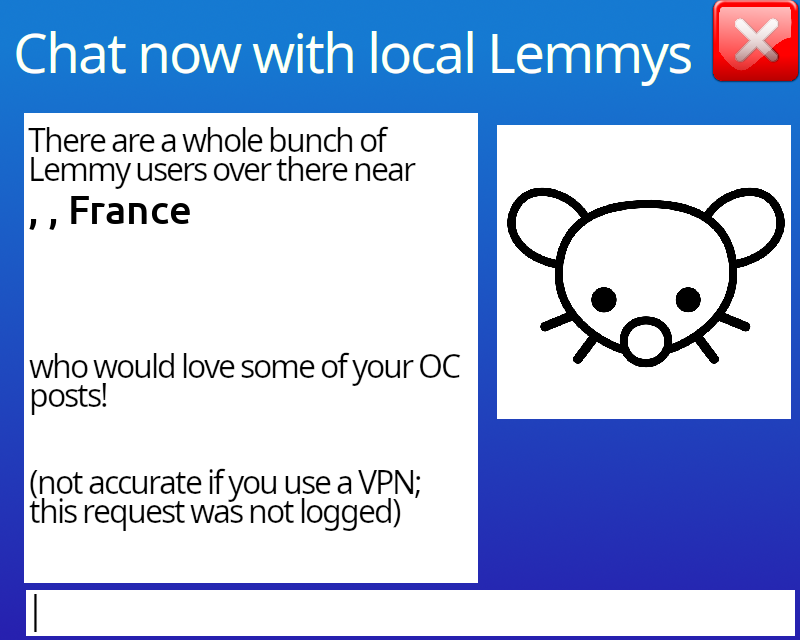

deleted by creator
Giver of skulls



deleted by creator


deleted by creator


deleted by creator


deleted by creator


deleted by creator


deleted by creator


deleted by creator


deleted by creator


deleted by creator


[This comment has been deleted by an automated system]


deleted by creator


If the scene is willing to pay people enough, I can see cheaters use this to write cheats that are undetectable by the OS. Right now, VM detection and PCIe bus monitoring for DMA devices seems to catch the most proficient cheaters, but it the CPU can turn your increment function into a multiplication, all bets are off. If cheaters do go this route, I expect game companies to blacklist these CPUs entirely.
Altering the CPU instructions could be very useful for reverse engineering, as debugger detection could be worked around on the CPU level. You could also use it to alter and monitor things like encryption functions. Malware could use microcode to write an entire class of CPU instructions custom to the malware/infection/infected PC itself, making it impossible to reverse engineer it using standard means. How powerful this stuff really is depends on how much free space there is in the memory that contains the microcode, but it’s pretty cool and scary stuff, depending on if your intentions are good or bad.
Intel used to have SGX, a processor component that was designed to run isolated code that not even the OS could manage. The only official way to play Blu-ray on PC, Powerlink, made heavy use of that for hiding DRM code. SGX got breached with SPECTRE/MELTDOWN, though, and Intel dropped it somewhere around the 9th Gen core processors for desktop CPUs. If AMD has a similar feature I don’t know about, that can be presumed broken on these chips now.


The new AMD 9950X3D CPU has 128MiB of L3 cache. Windows 95 installs to about 60MiB in total. Doom takes up 12MiB for all episodes. That means in theory you could load all of Windows 95 and DOOM into the L3 cache with some room to spare.
Of course this wouldn’t work out in practice because you’d lose those cache lines at some point during execution. However, Intel does have a part in its boot process where it runs a miniature OS in cache alone, but that’s part of the CPU design and probably can’t be altered.
If you could hijack the temporary “use cache as RAM” stage, you’d still lack video output or game input. I don’t think you can initialize the I/O components without completely clobbering the cache?
deleted by creator